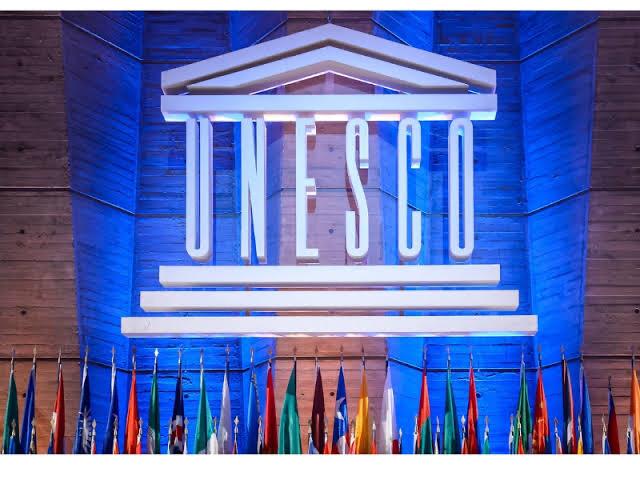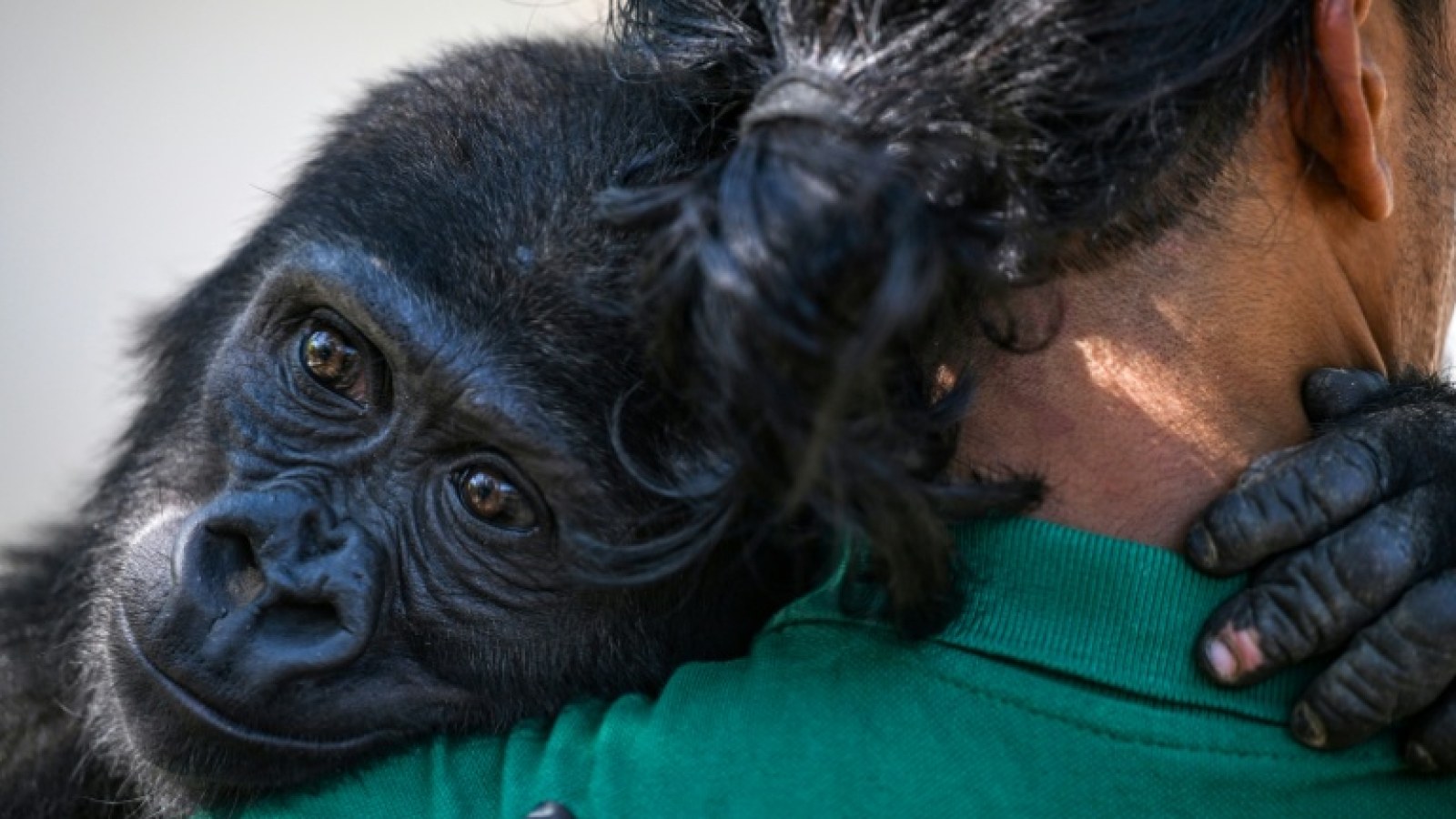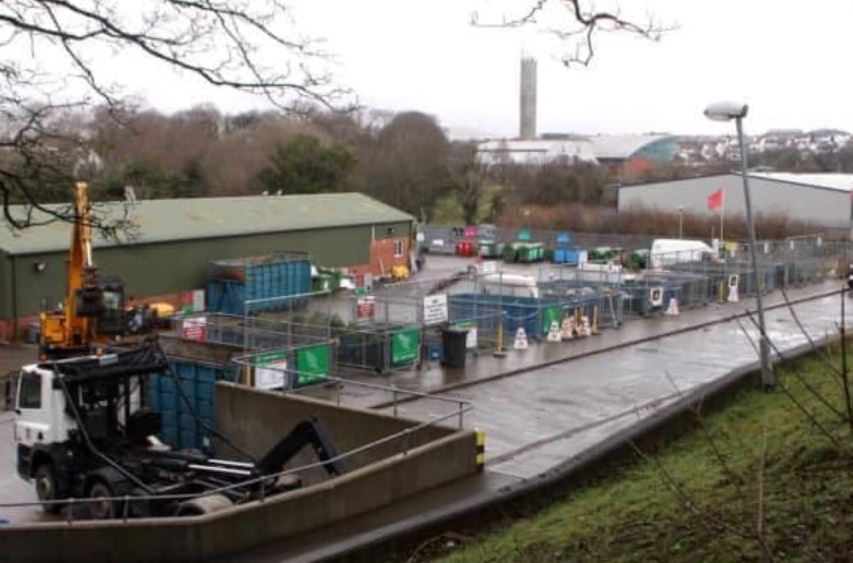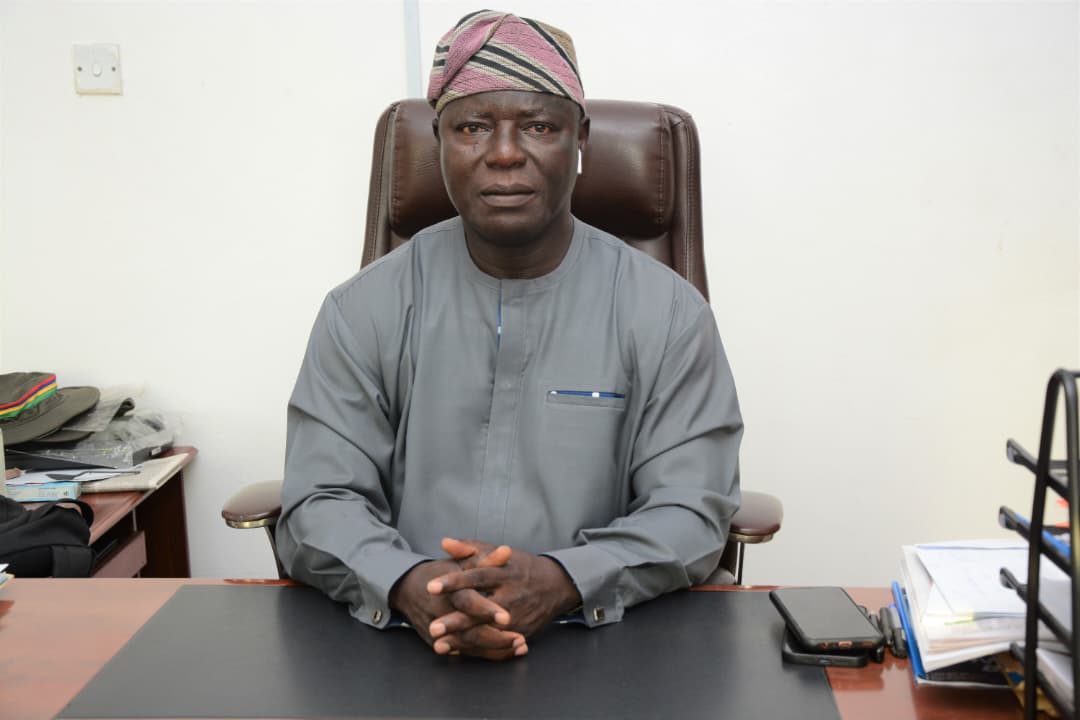Liberia, Sierra-Leone, Equitorial-Guinea Among 26 Countries Without UNESCO World Heritage Sites
By Apata Oyeniran
Copyright independent

LAGOS – Six African countries namely; Liberia, Somalia, Sierra-Leone, South-Sudan, Djibouti and Equatorial Guinea are among 26 countries globally without the United Nations Educational, Scientific and Cultural Organization (UNESCO) World Heritage Sites despite possessing unique cultures and natural beauty.
Currently, Nigeria has two World Heritage Sites namely: the Sukur Cultural Landscape in Adamawa State (inscribed 1999) and the Osun-Osogbo Sacred Grove in Osun State (inscribed 2005). These sites are recognized by UNESCO for their unique cultural and historical significance.
In addition to sites inscribed on the World Heritage list, Nigeria has listed fourteen properties on its tentative list.
The absence of recognition does not mean affected countries lack historic or natural importance. Often, it is because they have not nominated a site or UNESCO has not yet approved one. In the future, many of these countries may still gain recognition.
UNESCO World Heritage Sites are special places chosen for their cultural, historical, or natural importance. These sites are protected to keep them safe for future generations.
They can be ancient ruins, beautiful landscapes, or famous buildings. Examples include the Taj Mahal in India and the Great Barrier Reef in Australia. UNESCO started this programme in 1972.
Today, there are over 1,200 World Heritage Sites across more than 170 countries. Each site is carefully selected and must meet strict rules to be added to the list.
These sites help in learning about the world’s history and nature. They also attract tourists and support local communities.
Reasons For Non-listing
The UNESCO World Heritage Sites adduced reasons for the none presence of so many countries on its list of World Heritage Sites.
The reasons for the African countries included on the list are Liberia (Destruction of infrastructure that made heritage protection difficult due to war);
Djibouti (challenging environment, political and security issues and lack of financial and technical expertise); Somalia (infrastructure destruction due to civil war for decades which has made any kind of cultural preservation impossible);
According to UNESCO, small countries like Monaco and Liechtenstein also have limited land, which makes it harder to nominate sites. Over time, some of these countries may still receive UNESCO recognition in the future.
UNESCO added that the process of getting a site listed is complex and requires significant resources, saying, “Many countries lack the necessary financing or expert personnel to prepare the detailed nomination files required by UNESCO.”



